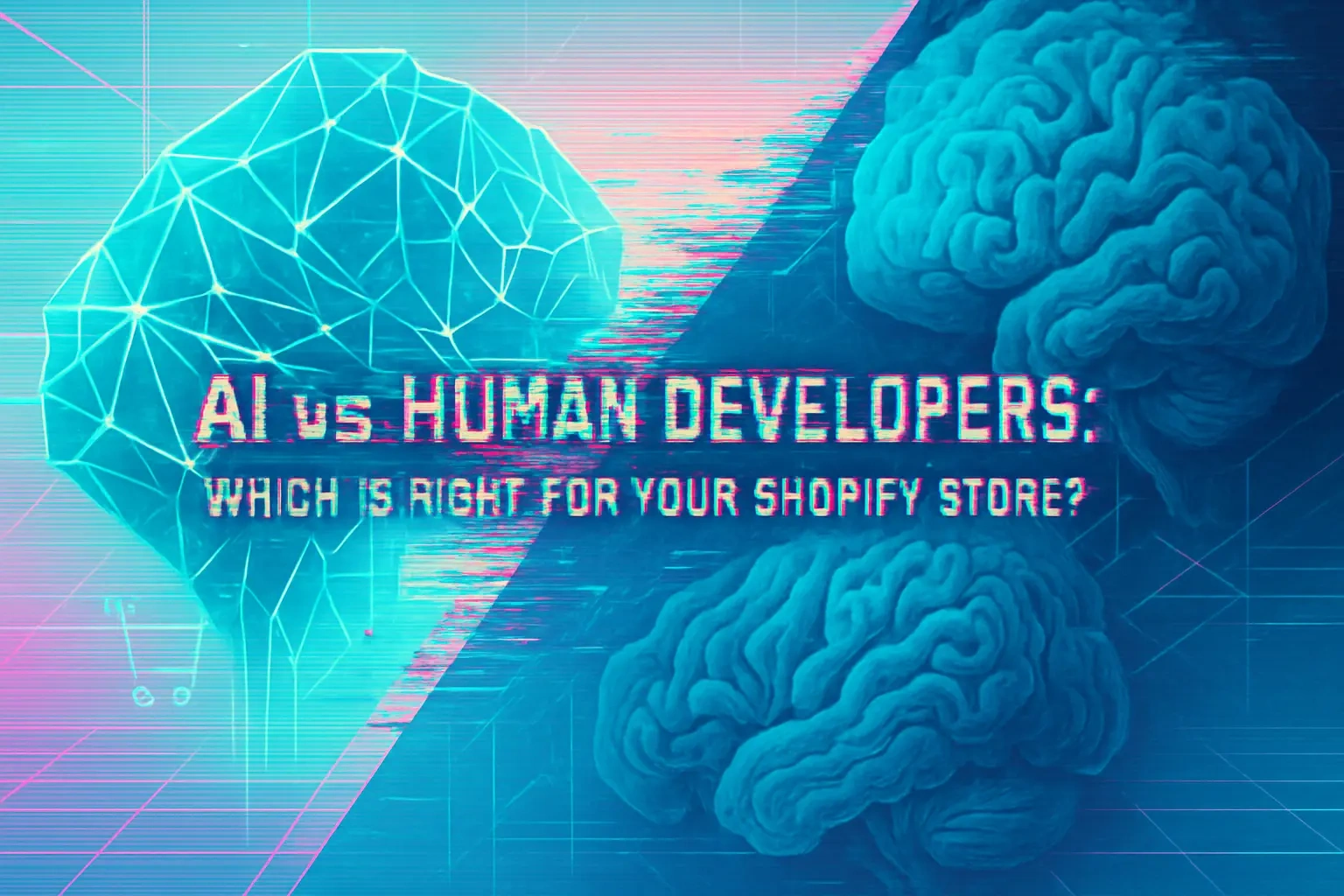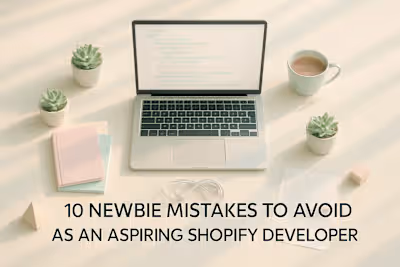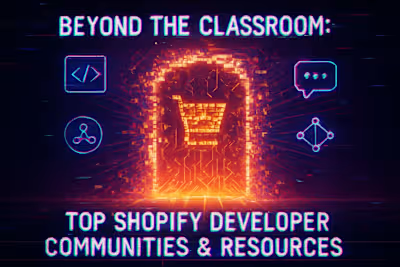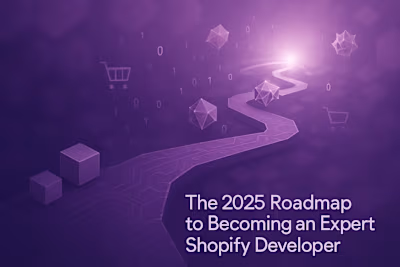AI vs. Human Developers: Which Is Right for Your Shopify Store?

AI vs. Human Developers: Which Is Right for Your Shopify Store?
The Case for AI-Powered Solutions: Speed and Cost-Effectiveness
Rapid Store Setup for Simple Needs
Significant Cost Reduction for Startups
The Irreplaceable Value of Human Developers
True Creativity and Unique Brand Identity
Strategic E-commerce Consulting and Problem-Solving
Complex Customizations and Integrations
The Hybrid Approach: The Best of Both Worlds
Using AI for Efficiency, Humans for Strategy
When to Start with AI and When to Call a Pro
Making Your Decision: A Checklist for Store Owners
How unique does my store need to be?
What is my budget and timeline?
Do I have complex feature requirements?
What are my long-term business goals?
References
AI vs. Human Developers: Which Is Right for Your Shopify Store?
The Case for AI-Powered Solutions: Speed and Cost-Effectiveness
Rapid Store Setup for Simple Needs
Significant Cost Reduction for Startups
The Irreplaceable Value of Human Developers
True Creativity and Unique Brand Identity
Strategic E-commerce Consulting and Problem-Solving
Complex Customizations and Integrations
The Hybrid Approach: The Best of Both Worlds
Using AI for Efficiency, Humans for Strategy
When to Start with AI and When to Call a Pro
Making Your Decision: A Checklist for Store Owners
How unique does my store need to be?
What is my budget and timeline?
Do I have complex feature requirements?
What are my long-term business goals?
References
Posted Jul 4, 2025
Can AI build your Shopify store, or do you need a human expert? We break down the capabilities and limitations of AI versus human developers to help you make the right choice for your e-commerce business.










